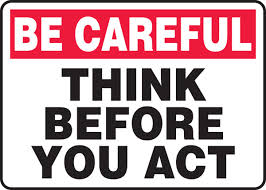Minneapolis, MN: The Minneapolis, St Paul area real estate market reached a 10-year milestones in June 2015, with signed purchase agreements rising 19.2 percent to 6,266. Last year, closed sales had increased 22% to 6,928.

This is all welcome news, because the last time demand was this strong was back in June 2005, according to a release Monday from the Minneapolis Area Association of Realtors.
The June 2015 median sales price climbed 4.7% to $229,900. This puts the AVERAGE home price to within just 3.5% of the record high set back in June 2006, which was at a then record median high of $238,000. Typical price per square foot, now at $128, is about 18.5 percent below its June 2006 record high.
The local real estate market continues to be a sellers market, because of the ongoing imbalance between the supply of homes for sale, and the number of active buyers looking to buy a home.
Sellers are getting on average about 99.6% of their last list price, with large numbers of homes selling within days, with multiple offers, and over list price.
For buyers, this means you need to be fully mortgage lender pre-approved, with pre-approval letter in hand, and ready to make an offer immediately on anything you love.



